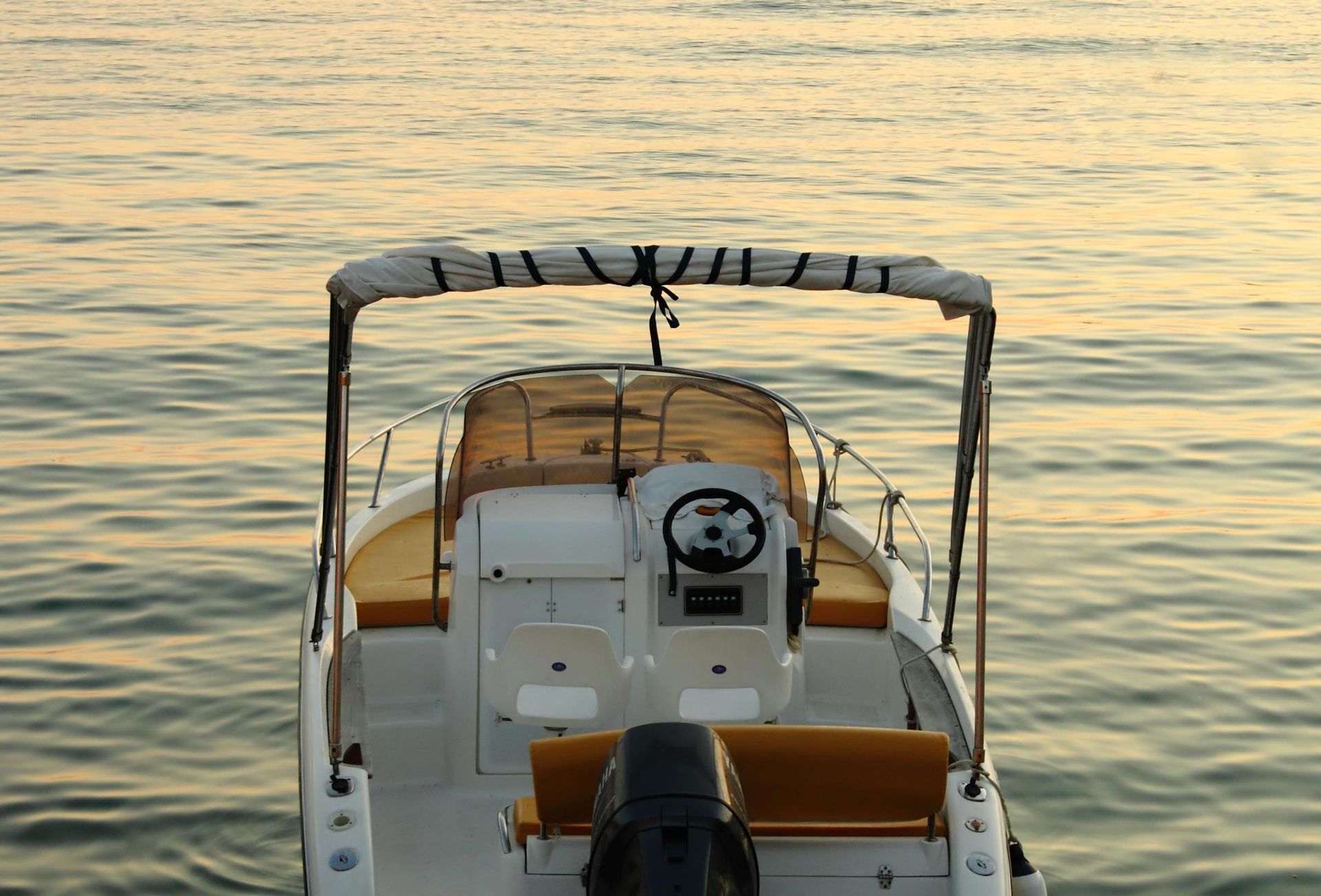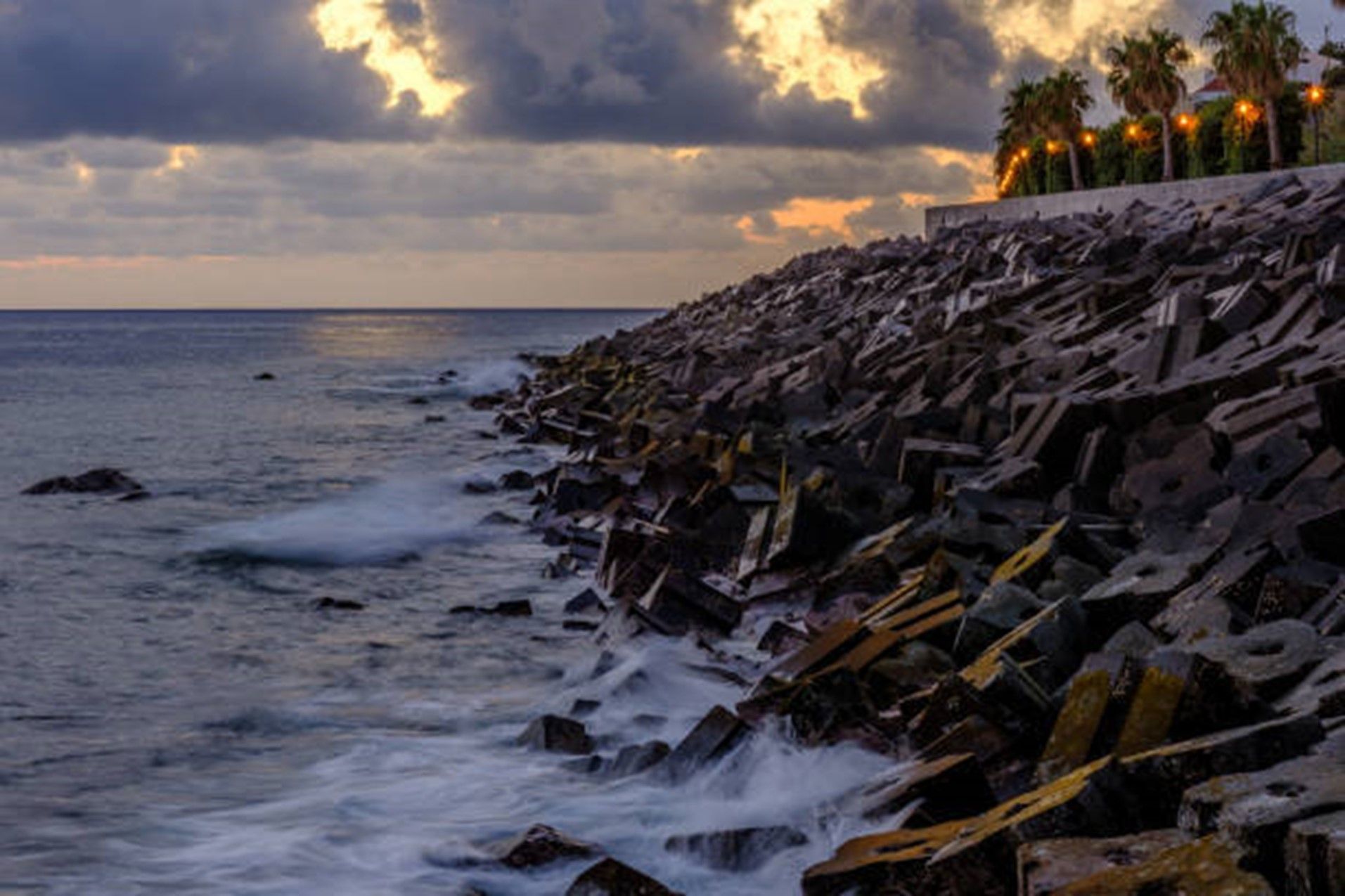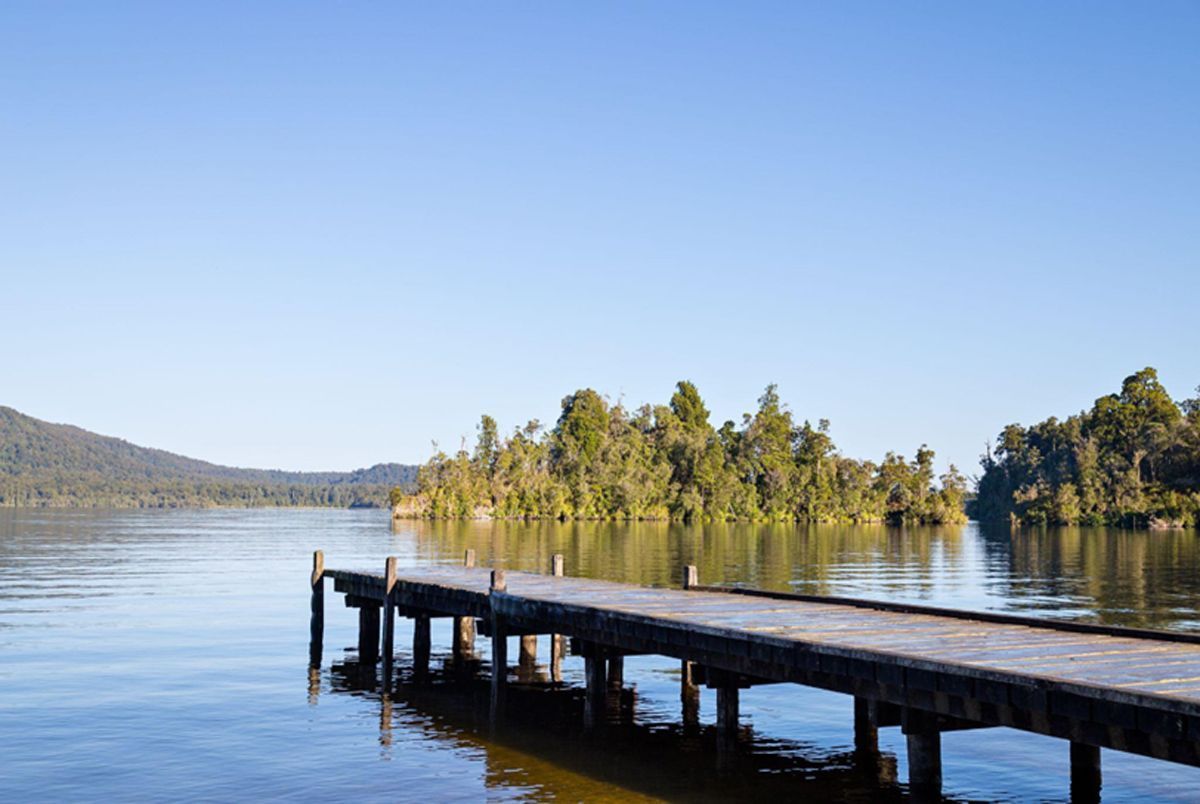Buying a Home With a Seawall? Inspection, Repair, and Maintenance Tips
Buying waterfront property is a significant investment. There are many components that must be considered with waterfront property that don't apply to many other types of property purchases. One of the things that many prospective buyers don't consider is the condition of the seawall in front of the property.
The property owner is typically responsible for maintaining and repairing the seawall on their land. That means it's in your best interest to look closely at the seawall before purchasing the property. You may even want to recruit a marine construction contractor to help you evaluate it. Here are some things to consider.
Know the Damage Signs
The most effective way to ensure that the property's seawall is in good condition is to know exactly what to look for during the seawall inspection. Even if you hire a marine construction contractor to conduct the inspection, you can be present and look over the seawall yourself as well.
Soil erosion is a leading cause of seawall damage. One of the key signs of soil erosion is the presence of sinkholes, even very small ones, in the soil behind the seawall. Remember that sometimes sinkholes can be hidden underneath the grass, so make sure the soil behind the seawall is inspected thoroughly.
Additionally, pressure from behind the seawall, caused by water retention and soil shifting, can cause the seawall to shift and crack. Cracks can also be caused by cap failures and corrosion of the supporting rods. Visible cracks are an indication that the wall needs attention.
Soil gaps beneath the seawall are a sign that the soil is settling under the seawall. The seawall loses some structural support when the soil settles and leaves gaps. Any visible gaps beneath the base of the seawall should be addressed as soon as possible.
Address Needed Repairs
Whether you opt to have the seller complete the repairs or you decide to do them yourself, any damage to the seawall should be repaired right away. Leaving damage unaddressed allows that damage to worsen, potentially leading to seawall failure.
Make sure you schedule your seawall repairs with the tides as a consideration. You'll need to check the tide cycles to ensure that your repairs are done when tides are at their lowest so that you don't risk any water interfering with the repairs. The tides change with the moon cycles, but the tides can also be affected by high- and low-pressure systems. High-pressure weather systems keep tides lower.
You can minimize erosion problems by backfilling the area where the wall is installed. Once the entire area has been backfilled for sufficient soil presence, plant lots of strong vegetation along the edges where the wall is. This vegetation will create a root system in the soil, providing structural support that reduces the risk of future erosion.
Cracks should be filled as soon as possible. A concrete patch mix fills most small cracks adequately. If there's any visible rust around the cracks, have your marine contractor check the support rods inside the wall for corrosion, and have them replaced if needed. Talk with your marine contractor about larger holes or more serious crack issues.
Other concerns, such as soil shifting beneath the wall or more significant structural problems with the wall, should always be addressed by a marine repair contractor to ensure the structural integrity of the wall over time.
Understand Proper Maintenance
Whether there's no visible damage to the wall at this time or you've already had the damage repaired, the next concern is ongoing maintenance. Make sure you inspect your seawall regularly for signs of damage, especially after major storms.
Concrete should be patched as soon as any cracks become visible, and the concrete walls should be repainted every year or two, or whenever the paint shows signs of weathering from the saltwater.
Any wood seawall structures should be made from pressure-treated wood. The wood should be sealed every year to protect it from the harsh effects of saltwater. Rock walls need structural maintenance to ensure that the rocks stay secure.
For more information, contact us at Edgewater Marine Construction, Inc., today.





